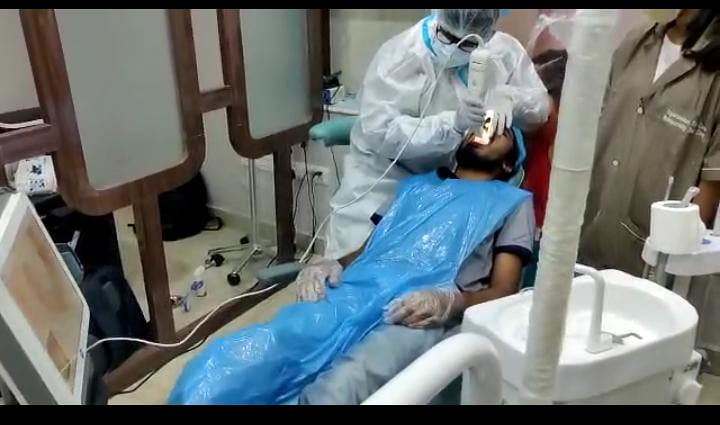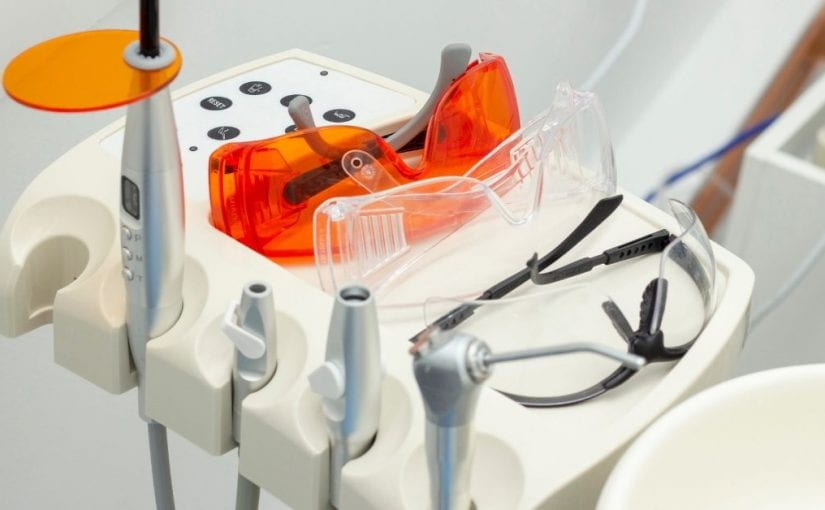A toothache does not always mean you need a root canal. It’s difficult to determine whether increased oral hygiene efforts or dental work are required in the early stage of a condition. The dentist in Kolkata can only identify the symptoms whether you need a root canal during a routine dental exam and cleaning or in the event of a dental emergency. Here I have mentioned some causes and warning indicators that you may require a root canal soon.
- Pain: Severe pain of a patient does not always indicate that you require root canal treatment. However, if there is pain, it may suggest the need for a root canal. Here are some types of pain that can diagnose a root canal infection- when a patient alters their posture, the severity of their pain changes, pain relievers will not completely cure a toothache, a throbbing toothache, etc.
- Bumps on the gums: Any lumps on your gums could be an indication of an infected tooth that requires a root canal. The medical term for these pimple-like butts is a fistula.
- Tooth discolouration: If the pulp of your tooth becomes infected, it can discolour. Damage to the roots caused by a trauma to the tooth or breakdown of the internal tissue might cause your teeth to appear black or greyish.
- Sensitivity to heat and cold: Sensitivity to hot and cold is a sign of a nerve infection in one of your teeth. If you have an infection, your sensitivity is considerably more focused. You have to pay close attention to the place causing you pain. If your pain is usually centred on the same tooth, you may require a root canal.
- Chipped or cracked tooth: When a tooth is chipped or cracked for some reason, the nerves beneath the tooth are exposed, which can lead to an infection. An infection in the root of a tooth can penetrate and spread throughout the body. An untreated infection necessitates a root canal to avoid further infection.
If you have any of these symptoms, make an appointment with the experienced dentists at TeethCare Multispeciality Dental Clinic.


